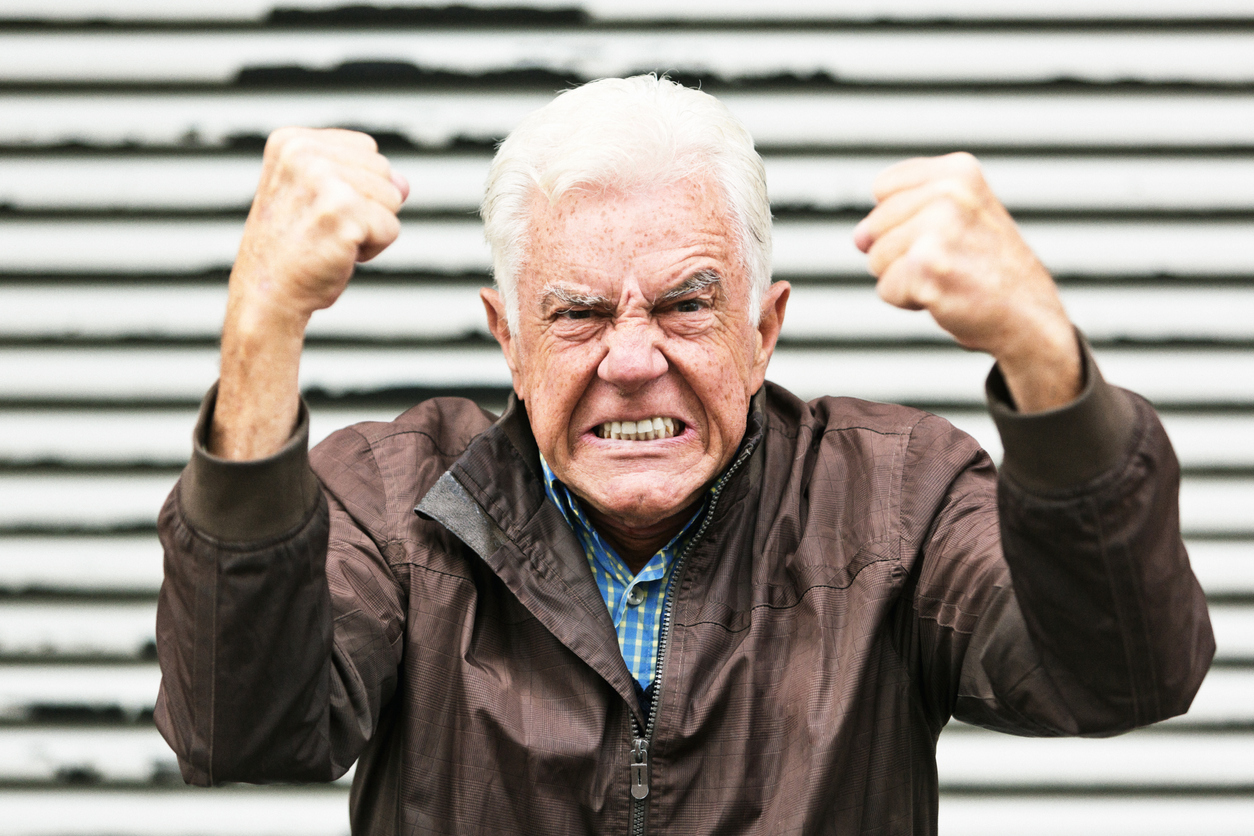

Why Is My Eyebrow Twitching?
An eyebrow twitch, or myokymia, occurs when your eyebrow muscles contract involuntarily. The most common cause of eyebrow twitching is fatigue or stress. It is generally harmless, but eye twitching can be annoying and disruptive.
Chronic eye twitching occurs when your eyebrow twitches throughout the day, for days, weeks, or even longer. This article discusses the causes of eyebrow twitches and how to treat them.
Causes Of Eyebrow Twitching
Eyebrow twitching can be caused by a variety of factors, including:
Caffeine
Myokymia is commonly caused by excessive caffeine consumption. Reducing or eliminating eyebrow twitching may be possible by evaluating your caffeine intake and making necessary adjustments. Caffeine intake is often accompanied by fatigue and stress, the two other factors involved in sudden eyebrow twitching.
Usually, myokymia stops on its own after a few days to weeks, but you can speed up the process by reducing caffeine intake, getting more sleep, and reducing stress. When reducing daily caffeine intake, be cautious to avoid withdrawal symptoms if your body is used to large amounts.
Magnesium Deficiency
Nerve and muscle cell envelopes are stabilised by magnesium. Cell membranes transmit impulses to other cells only when they typically reach a particular strength and function.
In the U.S., only 25% of adults consume the suggested daily amount of 310 to 320 milligrams for females and 400 to 420 milligrams for men. Low magnesium levels in cell envelopes allow weak impulses to pass through. As a result, cells and their connectors (synapses) are excited more quickly.
The eyebrow muscles may twitch uncontrollably as a result. The thin skin around the eyes makes it easier to feel twitches and flutters on your eyebrows and eyelids.
Medications
Eye twitching may be caused by medications taken for other conditions. Before making any prescription changes, please speak with your healthcare provider.
The following medications have been linked to eye twitching:
- Topamax (topiramate)
- A medication used to treat Parkinson's disease, such as carbidopa/levodopa (Rytary or Sinemet).
- Some antihistamines (diphenhydramine or chlorpheniramine), antidepressants (amitriptyline), diuretics (hydrochlorothiazide or furosemide), and oxybutynin (Ditropan) can cause dry eyes.
Eyestrain
Your eyebrows can also twitch if you squint or strain your eyes regularly. Consider taking regular breaks if you spend extended periods in front of a computer screen. You may be experiencing strain from your computer work if you follow the 20/20/20 rule. If you squint a lot outside, try wearing sunglasses.
Allergies
Itching, swelling, and watery eyes are all symptoms of allergies. Eye rubbing releases histamine into the lid tissues and tears, causing eyebrow twitching.
Fatigue
You may be twitching your eyebrows because your eyelid muscles are weakened by exhaustion and fatigue. Make getting enough sleep each night a priority if you haven't been (6-7 hours at least), and see if the twitching stops. Whether it is the solution to your quiver, sleep is essential for your health.
Stress
Another common cause of twitching eyelids or eyebrows is stress. Many health benefits can be derived from reducing stress levels and paying attention to stress levels. Exercise and relaxation techniques can help reduce instances of eyelid twitching and stress.
Drugs Or Alcohol
When consumed, alcohol relaxes all the muscles in the body, causing eye twitching. Smoking, however, soothes your skeletal muscles and stimulates your heart. One of the possible causes is the exhaustion of the eyelid muscles in both cases. Consider reducing your consumption of cigarettes and alcohol if you think these habits cause your twitching eye.
Dry Eyes
Dry eyes can cause the twitching of eyebrows in adults.
In addition to people over 50, people who use computers frequently, take certain medications (antihistamines or antidepressants, for example), wear contact lenses, and consume caffeine and alcohol are also more likely to suffer from dry eyes.
Disorders
Other symptoms are almost always associated with eyebrow twitches caused by more severe conditions.
Several brain and nerve disorders can cause eyebrow twitches, including:
- A condition known as Bell's palsy (facial palsy) results in one side of the face drooping downward.
- When you have dystonia, your body part may twist or contort due to unexpected muscle spasms.
- Although the causes of cervical dystonia (spasmodic torticollis) are unknown, there is a family history in some cases.
- Multiple sclerosis (M.S.) affects the central nervous system, causing cognitive and movement problems, fatigue, and eye twitching.
- There are many symptoms of Parkinson's disease, such as tremors, muscle stiffness, balance problems, and difficulty speaking.
Treatment
It usually takes a few days or weeks for eyebrow spasms to disappear without treatment.
You can eliminate or decrease potential causes if they don't go away.
Here are several home remedies you can try to ease eye twitching:
- Caffeine consumption should be reduced.
- Sleeping enough
- Use over-the-counter artificial tears or eye drops to keep your eye surfaces lubricated.
- When a spasm begins, apply a warm compress to your eyes.
Depending on the exact cause, your healthcare provider may recommend antibiotics, surgery, or other treatments.
When To Seek Medical Attention
In most cases, eyebrow cramps are not severe enough to require emergency medical attention.
However, chronic eyelid spasms may indicate a more serious brain or nervous system disorder.
If you experience chronic eyebrow spasms along with any of these symptoms, contact your doctor:
- Red, swollen, or discharged eyes
- There is drooping on your upper eyelid.
- When you twitch your eyelids, your eyelids completely close.
- Several weeks have passed since the twitching began.
- Other parts of your face are affected by the twitching.
You should contact your optometrist or ophthalmologist as soon as possible if you have an eye injury.
How Mobi Doctor Can Help
Mobi Doctor offers online urgent care.



 (1) (1).jpg)

Comments